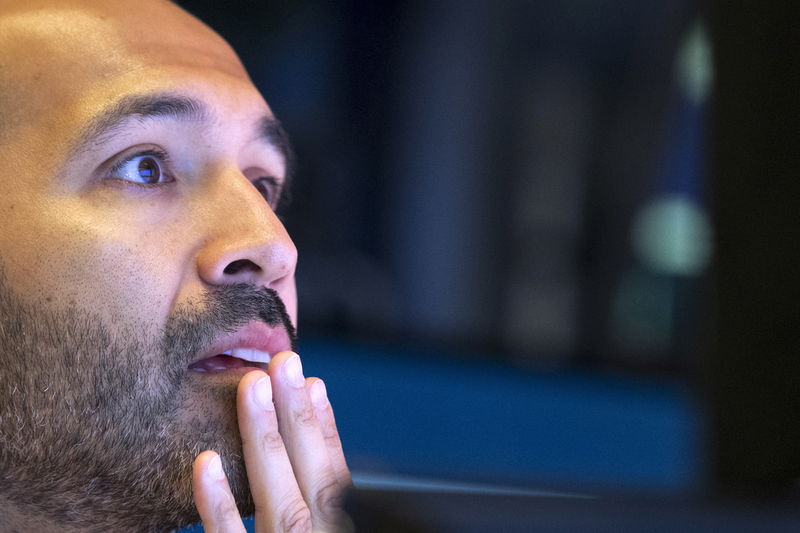* Debate over central bank policy effectiveness heats up
* ECB official warns against more stimulus
* Stocks dip but Apple shares gain (Updates with European shares' close)
By Caroline Valetkevitch
NEW YORK, Sept 14 (Reuters) - The U.S. Treasury yield curve hit its steepest in more than two months on Wednesday, while a jump in Apple AAPL.O shares to a 2016 high helped to limit losses in U.S. stocks.
Deepening worries over the ability of the world's major central banks to stimulate growth have triggered a recent rise in bond yields and sparked a bout of risk-off trading.
Euro zone bond yields rose across the board after European Central Bank Executive Board member Sabine Lautenschlaeger said the central bank should hold off on new monetary easing measures. yields touched their highest levels since Britain's vote to leave the European Union in late June, extending a rise that started after the ECB's policy meeting last week disappointed investors by introducing no new easing measures.
In the U.S. market, bond weakness ebbed after a dramatic selloff on Tuesday sent long-dated yields to three-month highs.
U.S. long-dated bonds have underperformed in the past month, in line Japanese government bonds as the Bank of Japan studies options to steepen the yield curve. Wednesday, benchmark 10-year Treasury notes US10YT=RR were last up 12/32 in price to yield 1.69 percent, down from 1.73 percent on Tuesday.
Earlier, the gap between five-year Treasury note yields US5YT=RR and 30-year bond yields US30YT=RR widened as far as 123.40 basis points, the widest since July 1.
The U.S. dollar eased from an eight-day high against the yen as doubts grew that the BOJ would intensify its stimulative monetary policies next week.
The BOJ will consider making negative interest rates the centerpiece of future monetary easing, sources told Reuters. The move would underscore concerns over limits to economic stimulus efforts.
"The market does perceive to a certain extent that the BOJ is tapped," said Dean Popplewell, chief currency strategist at Oanda in Toronto.
At the same time, uncertainty about the outlook for U.S. interest rates pressured the greenback against other currencies.
The dollar eased from a session high of 103.34 yen touched in early trading and was last up just 0.05 percent against the Japanese currency at 102.58 yen JPY= .
Investor optimism over the newest iPhone drove Apple up 3.1 percent to $111.37 and limited losses in U.S. stocks. Apple's market value peaked above $600 billion for the first time since April as Wall Street bet the technology company's newest iPhone would help shore up falling sales. Dow Jones industrial average .DJI was down 35.03 points, or 0.19 percent, to 18,031.72, the S&P 500 .SPX had lost 2.34 points, or 0.11 percent, to 2,124.68 and the Nasdaq Composite .IXIC had added 13.35 points, or 0.26 percent, to 5,168.60.
"With a seasonal backdrop, high valuations and concerns over disparate monetary policies by central banks, it will likely remain a choppy environment," said Eric Wiegand, senior portfolio manager at the Private Client Reserve at U.S. Bank in New York.
MSCI's all-country world stock index .MIWD00000PUS was down 0.1 percent, while European shares .FTEU3 ended down 0.1 percent.
Bayer BAYGn.DE closed off its highs after clinching a $66 billion deal to buy Monsanto (NYSE:MON) MON.N . Monsanto shares were up 1.1 percent at $107.23.
Oil prices fell, extending recent losses.
Brent crude futures LCOc1 were down 2.4 percent at $45.97 a barrel, while U.S. crude CLc1 was down 2.7 percent at $43.67.
Data showed large weekly builds in U.S. petroleum products that overshadowed a surprise draw in crude stockpiles.
